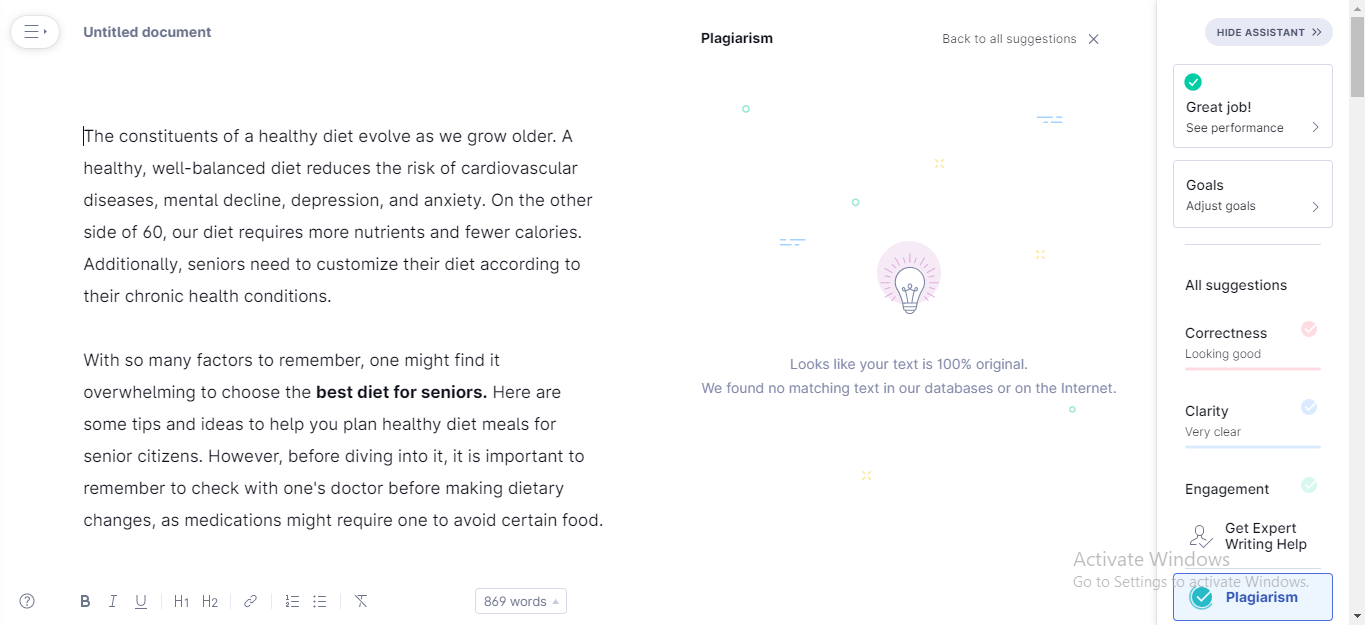Vital Nutritional Guidelines for Healthy Aging in Seniors
This article offers essential nutritional strategies for seniors to support healthy aging. It emphasizes balanced meals rich in protein, fiber, healthy fats, and hydration, including practical tips and food choices. Regular medical guidance ensures diets suit individual health needs, promoting vitality, cognitive health, and wellbeing. Combining proper nutrition with physical activity and social engagement helps older adults maintain independence and improve quality of life.
Vital Nutritional Guidelines for Healthy Aging in Seniors
As people grow older, their dietary requirements change, emphasizing nutrient-rich and balanced meals. Proper nutrition can lower the risk of heart issues, cognitive decline, depression, and anxiety. After 60, older adults should choose foods loaded with vital nutrients while consuming fewer calories. Creating personalized meal plans that consider individual health conditions is essential. Consulting healthcare professionals before making dietary adjustments ensures safety, especially when managing chronic health issues. Below are important strategies to promote healthy eating habits for seniors.

Emphasize Protein-Rich Diets
Nutrition specialist Amy Campbell emphasizes the importance of higher protein intake for seniors to strengthen immune defenses and prevent bone density loss. Sources include plant-based options like lentils, beans, and chickpeas, which are easier to chew. Breakfast ideas include banana oatmeal, green smoothies with fruits, or veggie omelets with whole-grain bread.
Avoid Empty Calories
Meals should limit foods rich in sugars and unhealthy fats such as chips, baked goods, and sugary drinks. Prioritize colorful fruits, vegetables, lean proteins, seafood, and nuts. Replace saturated fats with healthier choices like olive oil, avocados, and nut butters. Cutting back on added sugars and opting for natural sweeteners like fresh fruit supports better health.
Reduce Salt Intake
Lowering salt in cooking can help prevent high blood pressure and cardiovascular issues. Be cautious with high-sodium items like processed meats and soy sauces. Enhance flavors using herbs, spices, and citrus juices such as lemon. Meal ideas include chicken and veggie sandwiches on whole-grain bread, quinoa salads, or tuna with vegetables.
Increase Dietary Fiber
Fiber improves digestion and helps prevent constipation and hemorrhoids. Incorporate fiber-rich foods like beans, oats, nuts, vegetables, and whole grains. A high-fiber diet also helps manage blood sugar for diabetics. Use whole-grain cereals, dried fruits, nuts, and legume-based dishes for optimal health benefits.
Maintain Adequate Hydration
As thirst sensation decreases with age, seniors are at higher risk of dehydration. Replace sugary beverages with water, infused water, or herbal teas. Consuming water-rich foods like melons, cucumbers, and tomatoes also aids hydration. Always seek personalized fluid intake advice from a healthcare provider, especially if on medication or treatment.
Include Omega-3 and Calcium-Rich Foods
Omega-3 fatty acids help reduce inflammation and may slow age-related eye and brain decline. Excellent sources include fish such as salmon, mackerel, sardines, and plant sources like flaxseeds and walnuts. For strong bones, increase calcium intake via dairy, green leafy vegetables, and fortified foods. Dinner options include fish with greens or chicken with vegetables. Combining proper nutrition with physical activity and social interactions promotes overall wellness.
Implementing a tailored nutritional plan focusing on protein, fiber, healthy fats, and hydration is essential for senior health. Regular consultations with healthcare providers ensure diets meet individual needs. Combining good nutrition with exercise and social engagement helps seniors sustain vitality and independence.

Note:
This blog shares insights based on research and expert advice to guide your decisions. However, it should not replace professional medical or nutritional guidance. The website is not responsible for health data updates or scheme changes. Always consult healthcare providers for personalized advice tailored to your health conditions.


